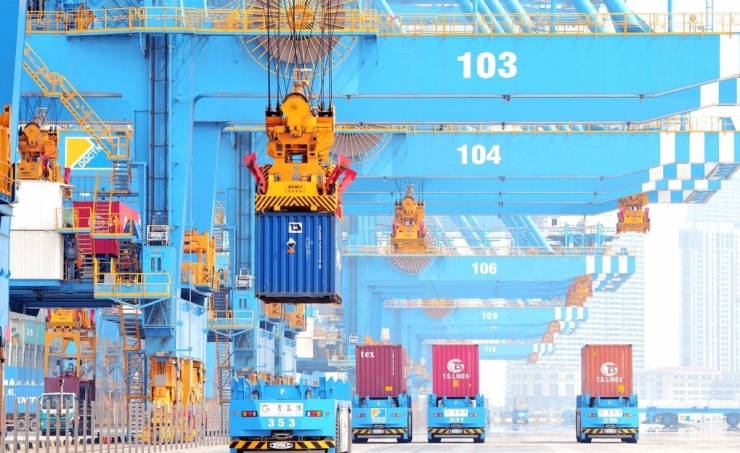Asia's economic growth to halt for first time since 1960s
The International Monetary Fund (IMF) believes Asia's fast-growing economies will "come to a standstill" due to the coronavirus pandemic, faring worse than the 2008-9 global financial crisis and the 1997-98 Asian crash.
The region will experience zero growth for the first time since the 1960s, said Chang Yong Rhee, director of the IMF's Asia and Pacific Department, who forecast that the economic impact of the pandemic will be "severe, across the board, and unprecedented.", Deutsche press agency (DPA) reported.
Speaking at a press conference in Washington, Rhee said that though Asia will "fare better than other regions," factors including "deterioration of external demand" in Europe and North America, where severe recessions are expected, will disrupt Asian economies.
The pandemic has killed over 136,000 people worldwide, prompting governments to impose lockdowns that have hampered commerce, spawning what Rhee labelled "a crisis like no other" for Asia.
Unlike during the 2008-9 crisis, economic growth in China, Asia's biggest economy and where the pandemic originated in late 2019, will plummet from 6.1 per cent in 2019 to 1.2 per cent this year.
Economies that depend on trade with China, such as Australia and Malaysia, will likely see sharp recessions, with contractions of 6.7 per cent and 1.7 per cent forecast.
Elsewhere, factors such as "reduced tourism, disrupted trade and manufacturing" will weigh heavily, according to the IMF.
Japan, Asia's second-biggest economy, could shrink by 5.2 per cent, with Thailand, where tourism makes up around 10 per cent of gross domestic product, facing negative growth of 6.7 per cent.
Related Posts

